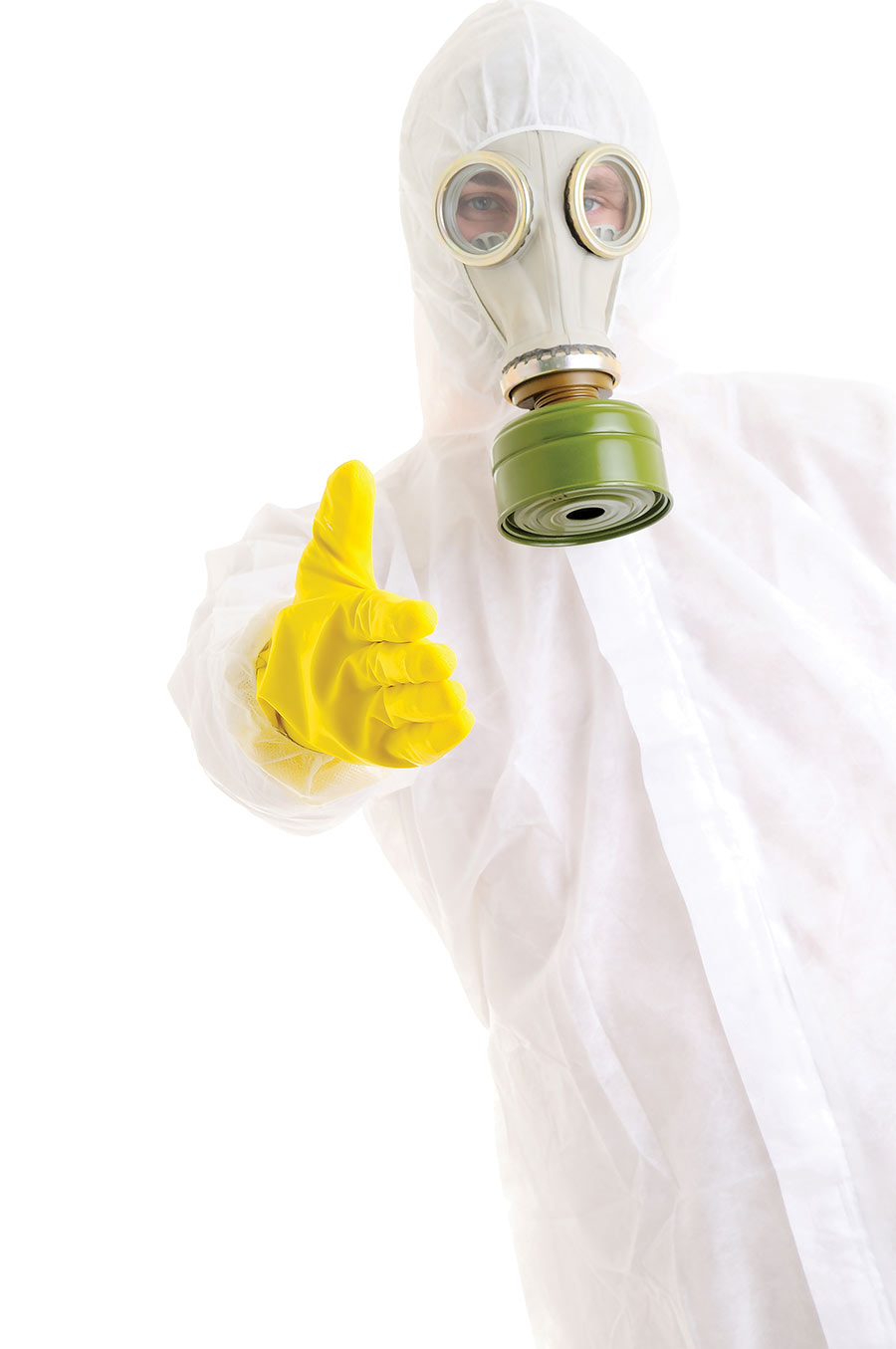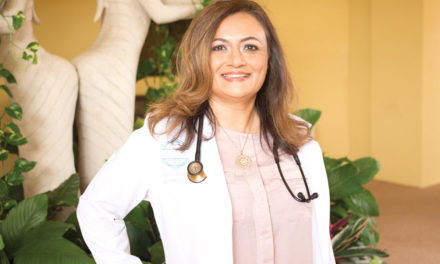
By Dawn Harris Sherling, M.D., F.A.C.P.
I know an infectious disease specialist who likes to elbow bump people when he meets them, saying, “My people don’t shake hands,” with a sly grin.
By his “people,” the doctor means infectious disease specialists, and by not shaking hands, he is avoiding a behavior that is well known to spread respiratory and other illnesses. I know a few other people who elbow bump, and I’ve thought about doing it but am worried that people will think I am rude for not wanting to shake hands.
I hear them wondering, “She doesn’t want to touch me! Does she think I’m dirty?” And yes. That is what I am thinking. Because you are. I am. We all are carrying loads of germs on our hands. And what the infectious disease doctor has known for a while now, and what the rest of us are just starting to realize, is that some of these germs are getting scary.
Good infection control practices haven’t traditionally been seen as cool, sexy, or even practical. They won’t be the next jade egg or essential oil, and these tips are unlikely to find their way onto Gwyneth Paltrow’s self-help website or Oprah’s favorite things.
But now there is the novel coronavirus outbreak, and people are asking in a panicked state, “What can we do to prevent it?”
And since jade eggs and oils aren’t likely to be of assistance, I’d like to propose a new “coronavirus handshake.” It goes like this: don’t shake hands.
For those of you who consider this extreme, think of it like the way you prepare for a hurricane. Because following the coronavirus story is like tracking a late season hurricane still way out in the Atlantic. It could be coming our way, or go in a completely different direction, or perhaps it will peter out entirely before even coming close. We might be totally prepared for it, or it may cause total devastation. Floridians say, “Tell us when and where it is coming and how bad it will be, and we will be ready.” But coronavirus doesn’t work that way. Some track the virus for hourly updates, only to find nothing much. And it’s the not knowing that is hard.
Fortunately, we do know a fair amount about how viruses are transmitted and we know what to do about it. Now is our chance to exercise that knowledge and maybe stop an epidemic. And while we are at it, we will probably slow down the transmission of flu and gastrointestinal viruses that go around during the winter and spring seasons. Here’s what we’ve known for a long time about how to stop transmissible disease, but haven’t been motivated enough to do.
1. Wash your hands. Properly. And for goodness’ sake, don’t use the high-powered hand dryers in the bathroom! These blow around whatever germs are left on your hands (and unless you just did a surgical scrub, you still have some on there). Use a paper towel to turn off the faucet (that everyone, including you, used dirty hands used to turn on) and then use a paper towel to open the bathroom door (because not everyone who just did that bothered to wash their hands).
2. Use an alcohol-based hand sanitizer. These aren’t perfect, but they are probably pretty effective on coronaviruses. Been out touching a bunch of stuff other people touched? Use it.
3. Don’t touch your face. The skin is our best infection fighting organ, but the eyes, nose, and mouth are the way viruses find their way inside our bodies. Try to not touch them.
4. If you are sick, stay home. This might be hard for people who have jobs that make it difficult to call out, so I’ll say this clearly for teachers and employers—“LET PEOPLE WHO ARE SICK STAY HOME!” Plan for people to be out so there is enough coverage without making the sick people feel guilty for staying home. And don’t require a doctor’s note for them to do this. It wastes everyone’s time and money; gets whole waiting rooms of people who are in the office for their chronic diseases sick; and doesn’t allow the sick person to stay home and rest, which is probably what they most need.
5. And don’t shake hands until summertime. Maybe.






